When a person walks into an otolaryngologist’s office with pain in the head and neck area, the challenge to correctly identify the cause and treat appropriately is a large one and one that otolaryngologists face daily.
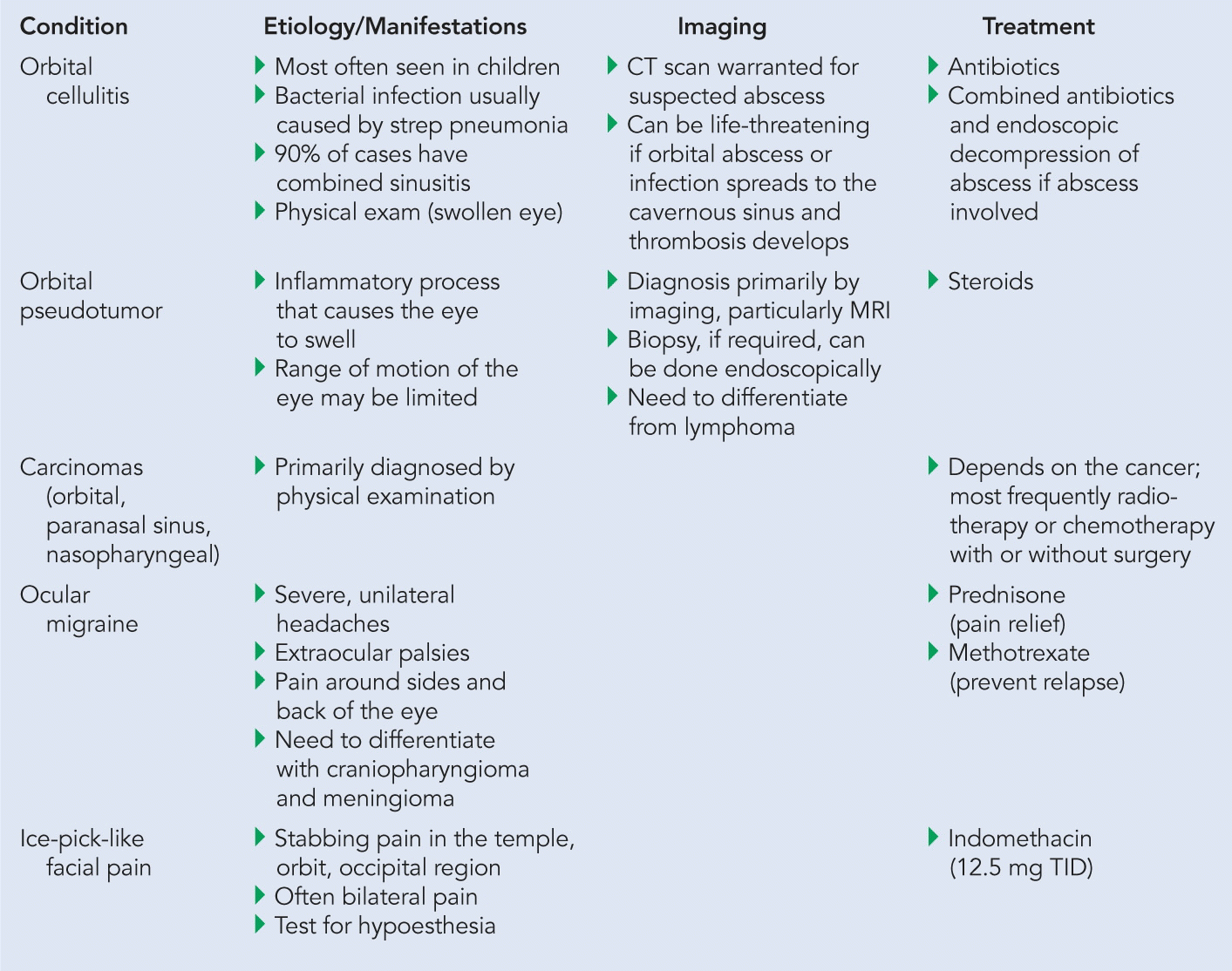

When a person walks into an otolaryngologist’s office with pain in the head and neck area, the challenge to correctly identify the cause and treat appropriately is a large one and one that otolaryngologists face daily.

Injection laryngoplasty (IL) performed in the office with the patient awake yields similar results as when it is performed with the patient asleep, researchers have found in a case-control study.
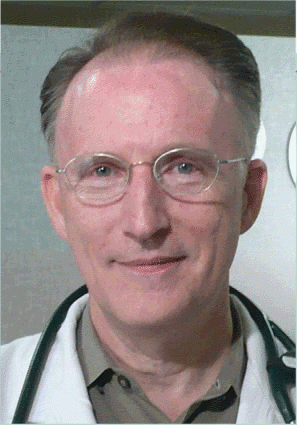
The otolaryngologists and pediatric surgeons who watched President Obama’s July 22 press conference must have been astonished to hear themselves vilified by the Health Care Reformer-in-Chief.
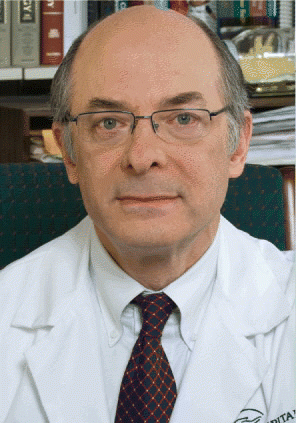
What needs to be in the follow-up of certain patients who have undergone treatment for thyroid cancer? Uncertainties still exist, but change is in the air. The 2009 American Thyroid Association (ATA) guidelines promise to clarify at least some issues that affect practice.
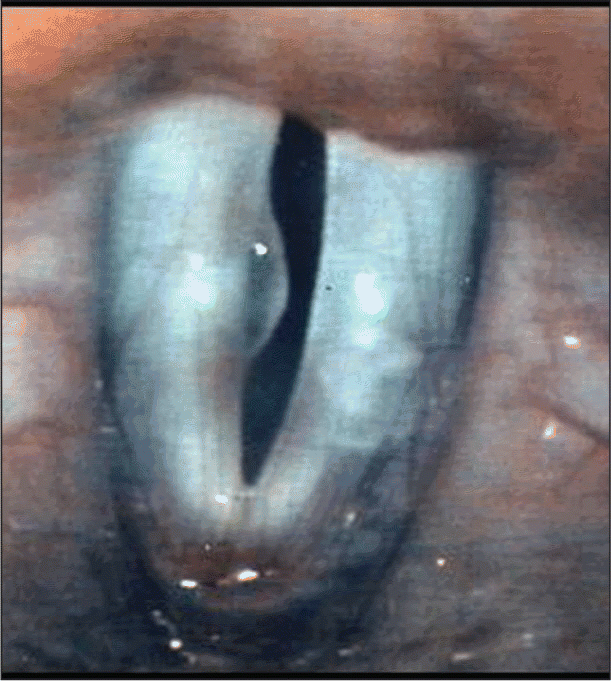
Part 2 of 2 articles
Cysts on vocal folds can be complicated lesions to manage: Postsurgical healing can be difficult to forecast, and the effects on the voice can also be difficult to determine until after surgery.
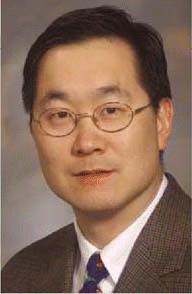
Approximately 28 million people living in the United States suffer from some degree of hearing loss. It is the most frequently occurring birth defect—about three of every 1,000 babies are born with hearing loss.

Part 1 of 2 articles
PHOENIX-Cysts on vocal folds can be tricky lesions to tackle-more challenging than many otolargyngologists might think, a panel of experts said here.
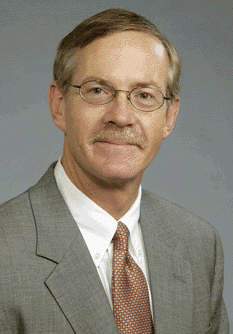
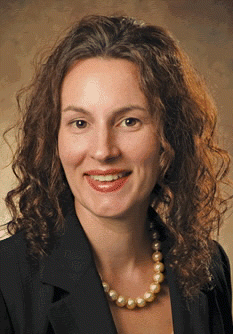
PHOENIX-The right recurrent laryngeal nerve showed greater stimulation than the left during anterior cervical spine surgery on 40 patients, researchers have shown in a study intended to promote greater understanding and prevention of damage to the recurrent nerve during the procedure.
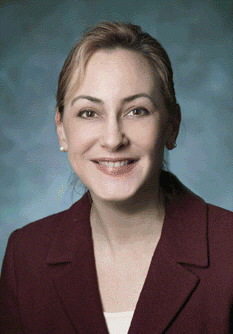
PHOENIX-Just how useful are PET or PET-CT in identifying residual occult nodal disease in patients with head and neck cancer? Two presentations at the 2009 Combined Otolaryngology Spring Meeting addressed this topic.